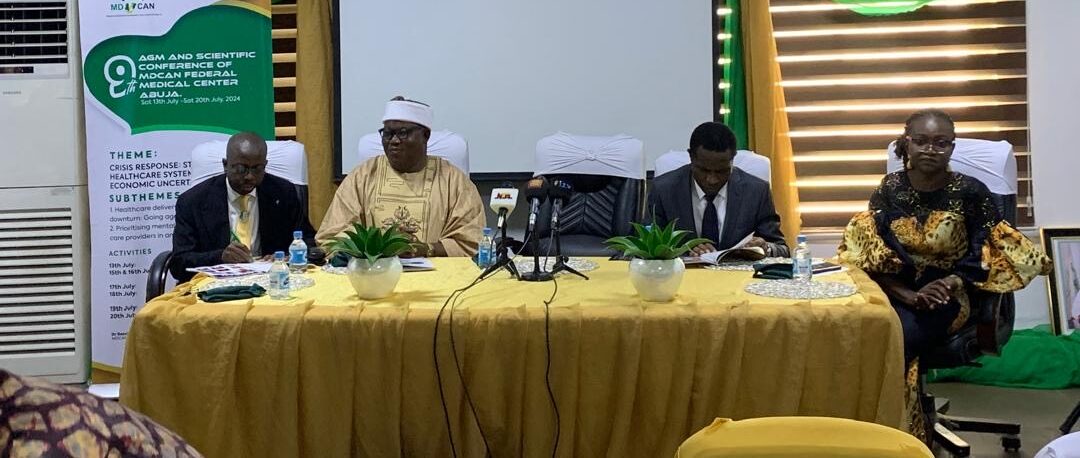Medical professionals in Nigeria are calling for a revision of the current health insurance tariff, citing its inadequacy in light of the country’s economic challenges. They argue that the existing rates, which were last updated 12 years ago, no longer reflect the rising costs associated with healthcare.
Prior to the minor adjustment made in May 2024, doctors had been operating under tariffs established over a decade ago, despite substantial increases in operational costs. This recent increment is seen as a temporary fix while awaiting the outcome of government-led actuarial studies scheduled for September. These studies aim to assess and propose a fairer cost structure for health insurance services.
The findings from these studies are expected to prompt discussions between health insurance stakeholders and healthcare providers to negotiate new tariffs. Recently, the Association of Nigeria Private Medical Practitioners threatened to withdraw from the National Health Insurance Scheme (NHIS) if the National Health Insurance Authority (NHIA) did not adjust the tariff, which has been fixed at ₦750 for 12 years. This action could impact over 16 million NHIS enrollees.
Frustrations have been voiced about the government’s lack of response to demands for tariff adjustments that align with the current economic climate. Experts have highlighted that despite a decade of inflation and increased operational costs, the tariff remains unchanged, causing strain on hospital budgets.
Dr. Austin Aipoh, President of the Association of Nigeria Private Medical Practitioners, explained that recent stakeholder meetings led to a proposed 60 percent increase in capitation and a 40 percent rise in Fee-For-Service rates. While this adjustment is deemed inadequate, it serves as a temporary measure until the results of the actuarial studies are available.
Aipoh stated, “Using tariffs from 2012 to treat NHIS patients in 2024 is unsustainable. We have agreed on a minimal increase as a stopgap while we await the actuarial studies’ outcomes. The capitation has been raised from ₦750 to ₦1,200, and Fee-For-Service has seen a 40 percent increase. We hope this interim measure will lead to a more substantial adjustment after the studies.”
Dr. Babatunde Rosiji, Medical Director at the State Specialist Hospital in Ikole, Ekiti State, emphasized the difficulties faced by private practitioners due to the outdated tariffs. He noted, “The current premiums and Fee-for-Service rates do not align with today’s economic realities. We need to renegotiate these rates to ensure that NHIS patients receive quality care and are not subjected to subpar services.”
The push for tariff adjustment is part of a broader effort to address funding disparities in state-level health insurance schemes, which are often underfunded. For instance, Lagos State currently pays only ₦400 per patient per month, leading to reports of inadequate services.
As the healthcare sector awaits further developments, medical professionals remain hopeful that the government will address these tariff issues to ensure sustainable and effective healthcare delivery.




